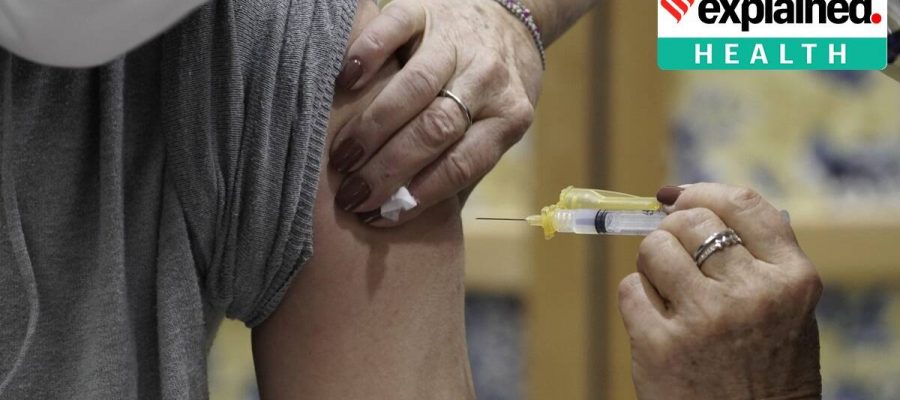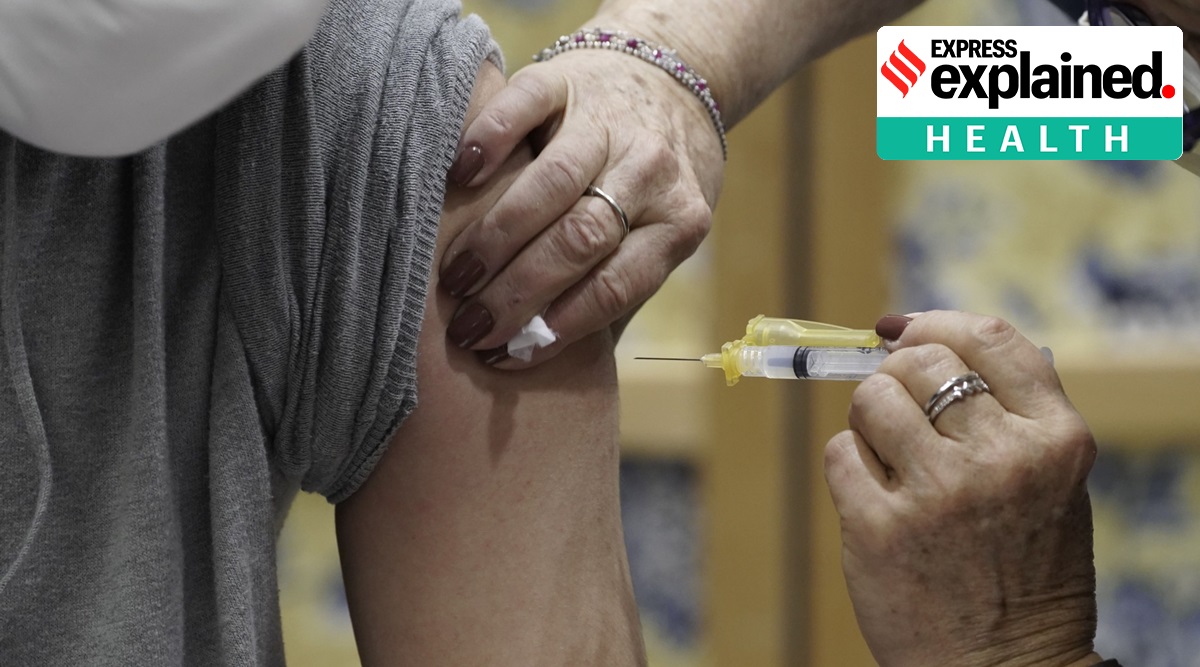Simple interventions, however, may maximise the vaccine’s initial effectiveness, the Association for Psychological Science has said in a new report, which recommends exercising and getting a good night’s sleep in the 24 hours before vaccination.
Health behaviours and depression, stress, or loneliness have been known to alter the body’s ability to develop an immune response to vaccines. This could potentially include the new Covid-19 vaccines, the international organisation Association for Psychological Science (APS) has cautioned.
Simple interventions, however, may maximise the vaccine’s initial effectiveness, the APS has said in a new report, which recommends exercising and getting a good night’s sleep in the 24 hours before vaccination. The report has been accepted for publication in the journal Perspectives on Psychological Science, the APS said.
The key to a vaccine’s success is ensuring that a critical percentage of the population is effectively vaccinated to achieve so-called herd immunity. While vaccination programmes are being rolled out in various countries, not everyone will gain the full benefit immediately. Environmental factors, as well as an individual’s genetics and physical and mental health, can weaken the body’s immune system, slowing the response to a vaccine, the APS said in a media release on the new report.
It flags the concern that the novel coronavirus has triggered a concurrent mental health crisis as people deal with isolation, economic stressors, and uncertainty about the future. These challenges are the same factors that have been previously shown to weaken vaccine efficacy.
“Our new study sheds light on vaccine efficacy and how health behaviours and emotional stressors can alter the body’s ability to develop an immune response. The trouble is that the pandemic in and of itself could be amplifying these risk factors,” Annelise Madison of Ohio State University, lead author on the paper, said in a statement issued by the APS.
Vaccines work by challenging the immune system. Within hours of a vaccination, there is an innate, general immune response on the cellular level as the body begins to recognise a potential biological threat. This frontline response by the immune system is eventually aided by the production of antibodies, which target specific pathogens. It is the continued production of antibodies that helps to determine how effective a vaccine is at conferring long-term protection.
“In our research, we focus most heavily on the antibody response, though it is just one facet of the adaptive immune system’s response,” Janice Kiecolt-Glaser of the Ohio State University, senior author on the paper, was quoted as saying.
Although the Covid-19 vaccines already in circulation are highly effective according to trial results, these psychological and behavioural factors can lengthen the amount of time it takes to develop immunity and can shorten the duration of immunity, the authors said. But Kiecolt-Glaser said: “The thing that excites me is that some of these factors are modifiable. It’s possible to do some simple things to maximise the vaccine’s initial effectiveness.”
Source: Association for Psychological Science
Source: Read Full Article


